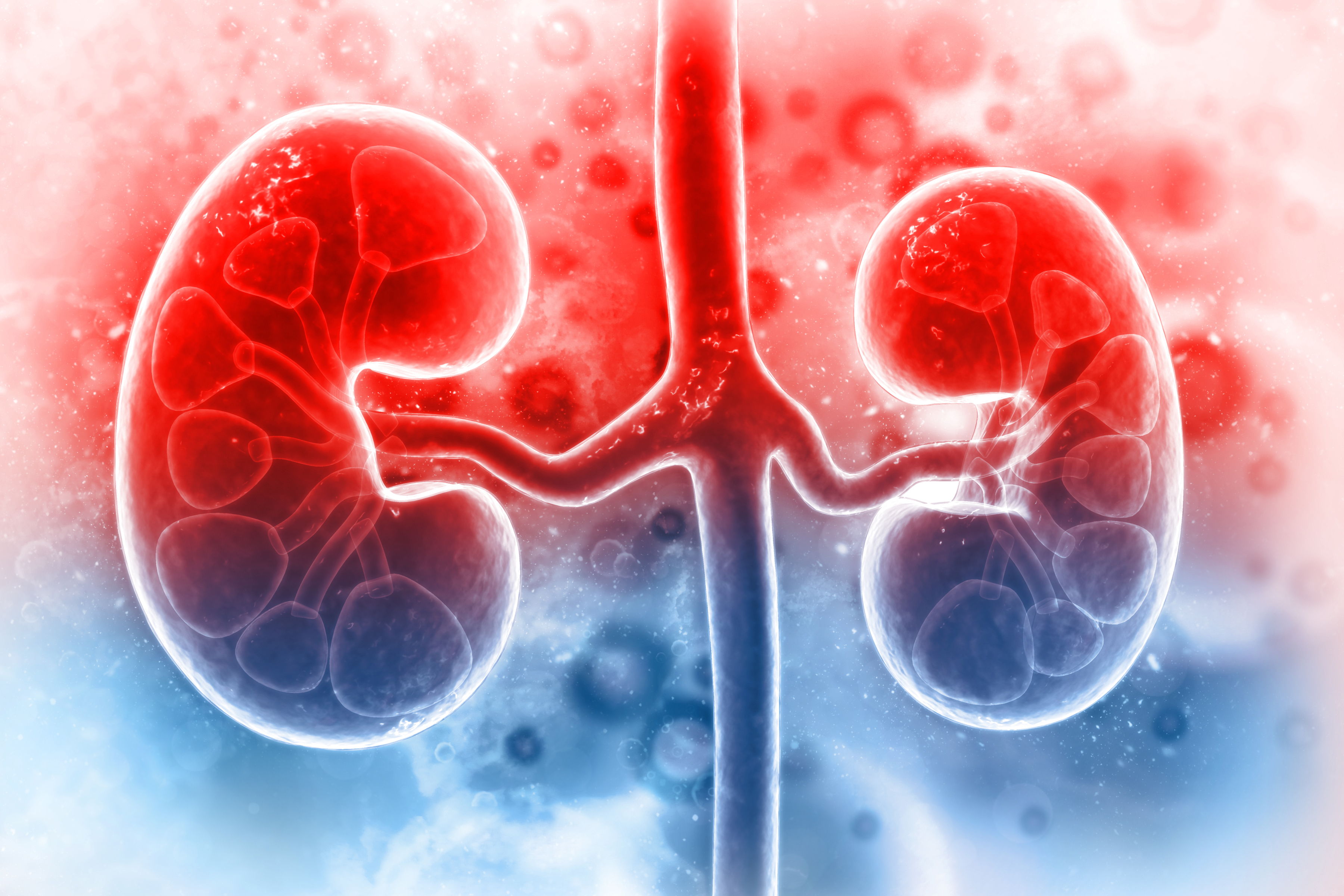Facts About the Flu
Flu Facts Flu season usually runs from November through April. The flu can cause mild to severe illness, and even lead to death. Each year, in the U.S. about 36,000 people die from flu-related illness and there are more than 200,000 people hospitalized. Over 90% of deaths and about 60% of hospitalizations occur in people older than 65. Who is at risk? In seasonal flu, certain people are at “high risk” of serious complications. This includes people 65 years and older, children younger than five years old, pregnant women, and people of any age with certain chronic medical conditions, such as [...]


